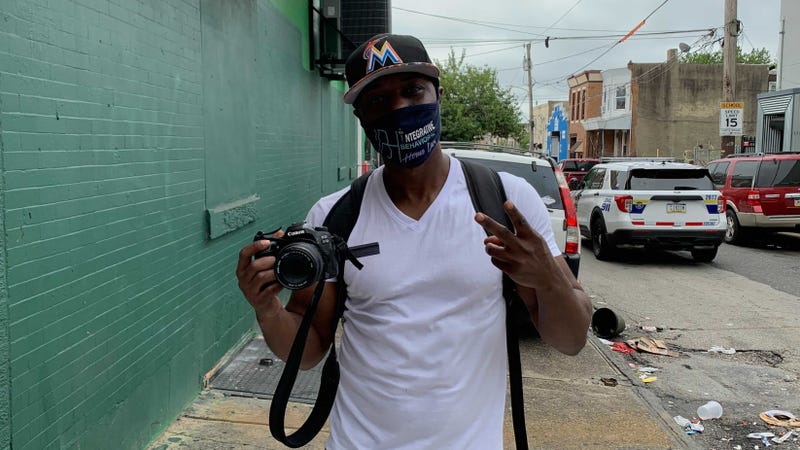PHILADELPHIA (KYW Newsradio) — The City of Philadelphia cleared out encampments in Kensington Wednesday morning.
Officials called the effort the culmination of a month-long effort to get the group of people off the street because of sanitary and safety concerns, and deliver the help they may need.
Outreach teams were going through the encampments on Kensington Avenue and at Lehigh Avenue from around 8 a.m. to 11 a.m.
They were trying to help the people who remained, one month after the city posted notices that they had to take their tents and other structures down and remove their belongings by Wednesday.
City Deputy Managing Director Eva Gladstein said that leading up to the clear out, they were able to help at least 20 people. At the peak, there were around 50.
Of those who remained Wednesday morning, she said they helped at least four more people.
“We wish for them to be able to have adequate housing with three meals a day and the ability to shower and bathe, and if they choose, to be on a pathway towards recovery if they have substance use disorder,” Gladstein said.
The city referred to their effort Wednesday as a “resolution.”
However, advocacy group Act Up Philadelphia takes issue with that.
“We additionally feel that the term 'resolution' is intentionally misleading, as these encampment 'resolutions' have never resolved, or truly addressed, many of the underlying issues that lead to people living on the street in encampments,” the organization said in a statement.
“For many people on the streets, particularly in Kensington, things have only gotten worse since the clearing of the long-established Conrail encampment in 2017, and evictions of the Lehigh Avenue bridge encampments starting in 2018.”
Gladstein said 65% of those who were staying at four previous encampments under the bridges in Kensington were connected with housing, and the majority of them are still housed to this day.

Malcolm Lewis, a Kensington resident who shares stories of addiction on his YouTube page, was out on scene and said he had mixed emotions about how the city was handling the encampments. He’s hopeful that the people who were living there get help and are treated with dignity.
“They’re struggling as you can see already,” Lewis said.
“Let’s just come together as human beings and treat these people with love and respect and compassion.”

